Because liquids are almost impossible to reduce in volume, they cannot be pressurized and therefore must be transported through other means. Centrifugal force causes substances including liquids to move away from their center of rotation; this force can be controlled and used to lift and convey liquid. Read More…
At Armstrong Fluid Technology, we pride ourselves on our expertise in designing and manufacturing innovative fluid management solutions, with a strong emphasis on centrifugal pumps. Our commitment to engineering excellence enables us to provide high-performance products that meet the diverse needs of our clients across various industries.
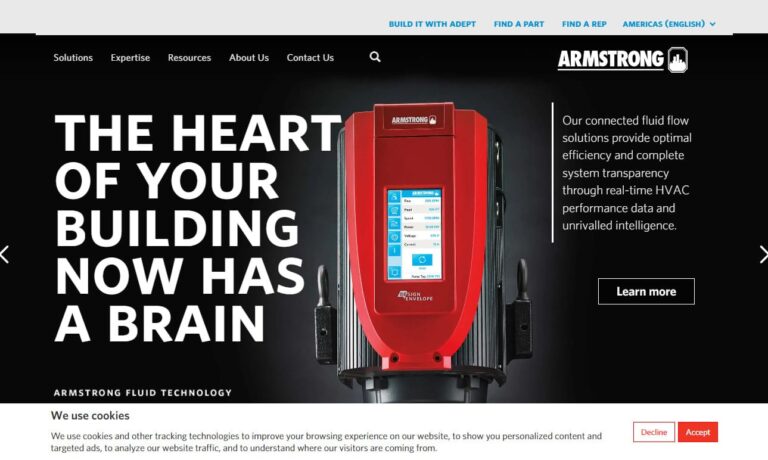
Fistam Pumps is driven by innovation. Manufacturing four lines of high quality centrifugal pumps, we consider the interaction of a pump and its system to develop the optimum solution for every client. Stainless steel ensures hygienic use for chemical and water pumps in any application. We invest in research and development so you can expect superior quality and performance in every Fristam pump.
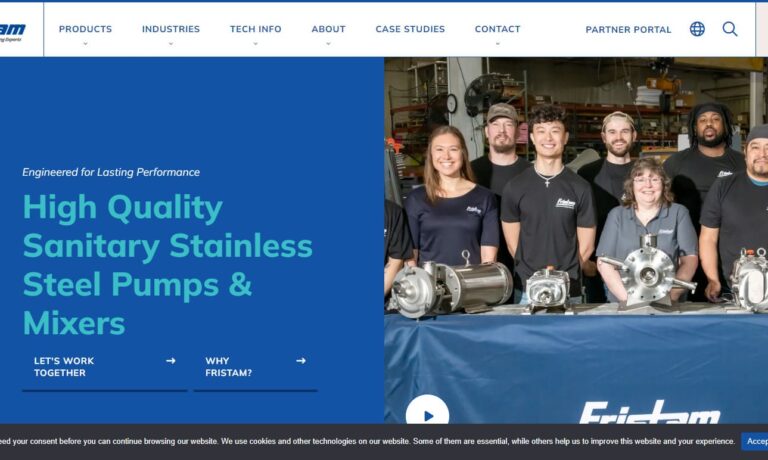
Triflo International, Inc. designs and manufactures solid separation equipment. The company’s products include shakers, desanders, desilters, mud cleaners, mud gas separators, vacuum degassers, and mud systems; and fast move mud systems, skidded mud systems/tanks, HDD and trenchless mud systems, dredging and dewatering systems, and solids control equipment, as well as soil washing, dewatering,...
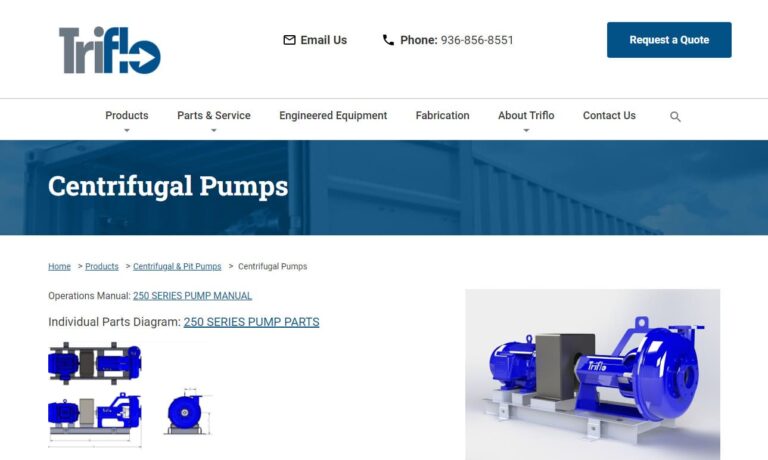
Tramco Pump is proud of our inventory and quick delivery of parts, pumps and custom designed systems. Our impressive line includes centrifugal pumps offering flows to 75,000 GPM heads to 2,200ft as well as vertical, sewage and sump, rotary, diaphragm pumps and more to ensure your needs are met. With testing, repair and preventative measures; Tramco delivers the best products with the best service.
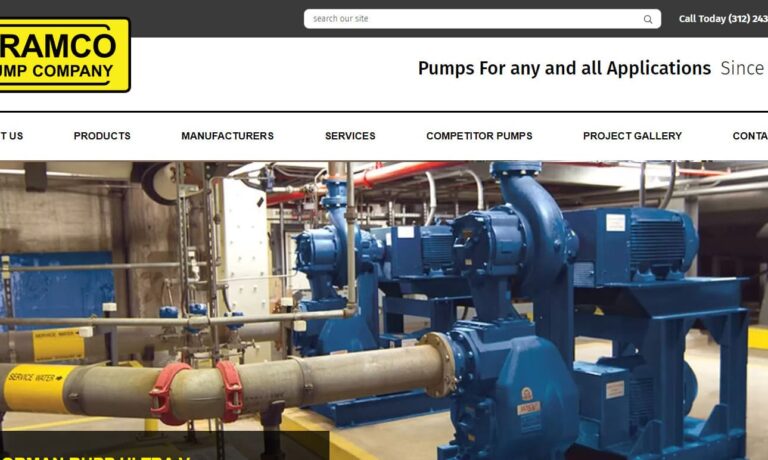
More Vertical Pump Manufacturers
Centrifugal Pump Manufacturers List
Vertical pumps are constructed from stainless steel, aluminum or cast iron and must be strong enough to withstand internal and external pressures. These pumps are most often used for lifting and transporting water, an application that finds many uses in residential, general purpose, industrial and commercial situations.
Centrifugal pumps are used in wastewater and sewage treatment plants to handle trash and refuse; certain heavy duty models can pump mixtures of solids that are suspended in liquid. As water pumps, vertical pumps are used for deep well pumping and move water from its underground source to buildings for human use or to prevent flooding or drainage issues.
If vertical pumps are made of strong corrosion resistant materials, they are able pump chemicals and acids which is a useful way of transporting hazardous liquids throughout a processing plant.
Vertical centrifugal pumps are simply designed machines. A casing called a volute contains a horizontal impeller mounted perpendicularly on an upright rotating shaft. The electric motor uses its mechanical energy to turn the impeller whose blades impart kinetic energy to the liquid as it begins to rotate up the casing.
Momentum and pressure carry the liquid (most commonly water) through the expanding volute until it exits through a discharge opening, sometimes at high velocities. Vertical pumps are located underground near the source of liquid which they move up to the surface. They are usually electric because a gas tank would be impractical to store and fill. The power cords are kept in a durable protective casing to prevent any leaks or damage.
One example of a vertical pump is an axial flow pump whose impeller is actually a kind of propeller that lifts the liquid in a direction parallel to the pump shaft instead of pushing it in a perpendicular direction like horizontal centrifugal pumps would. Vertical pumps are generally designed in a close-coupled arrangement where the motor and the pump are held in the same slim enclosure that can be lowered into a deep well hole. Another technique is to have the motor at ground level and install the pump underground.

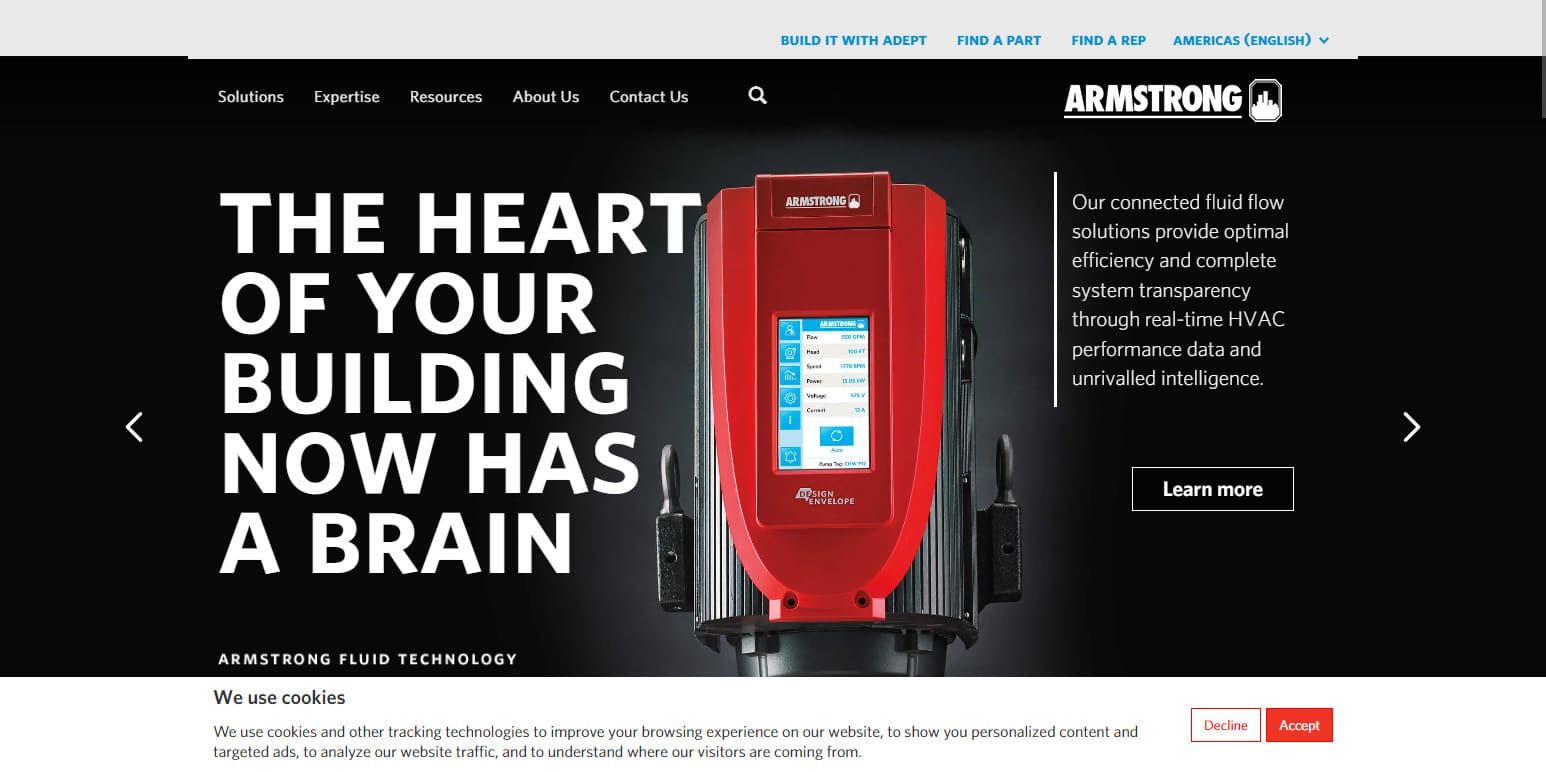
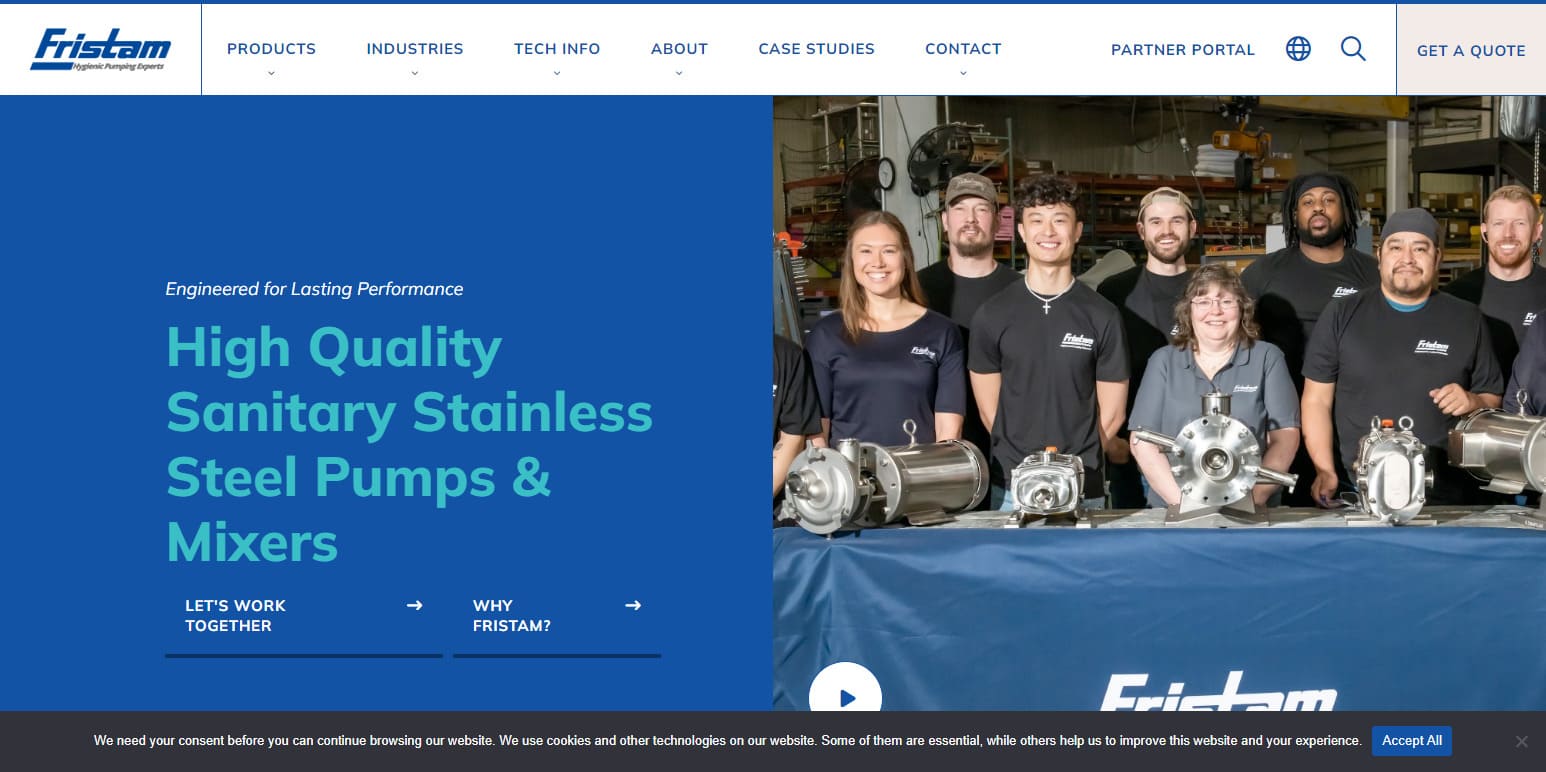
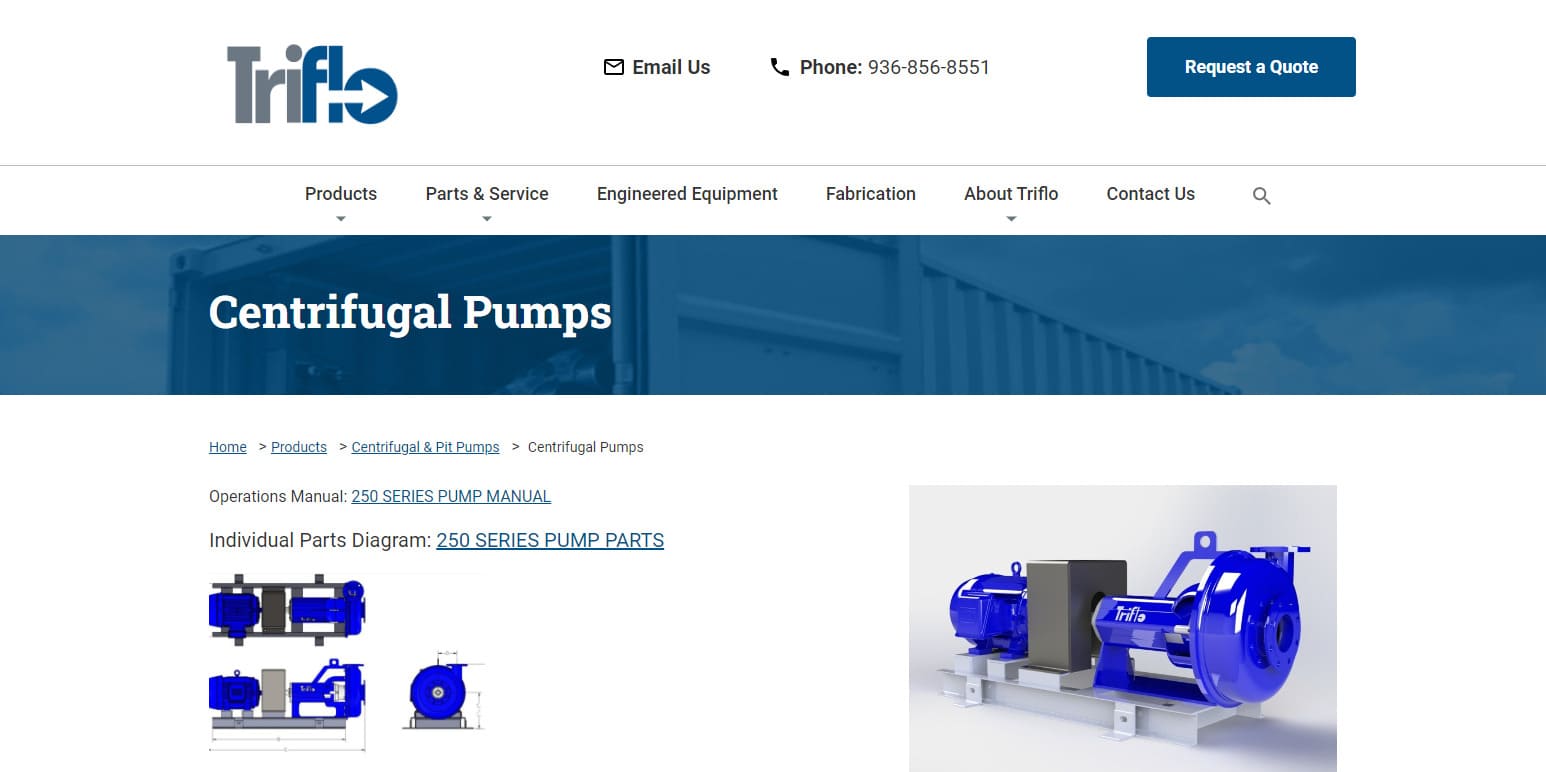
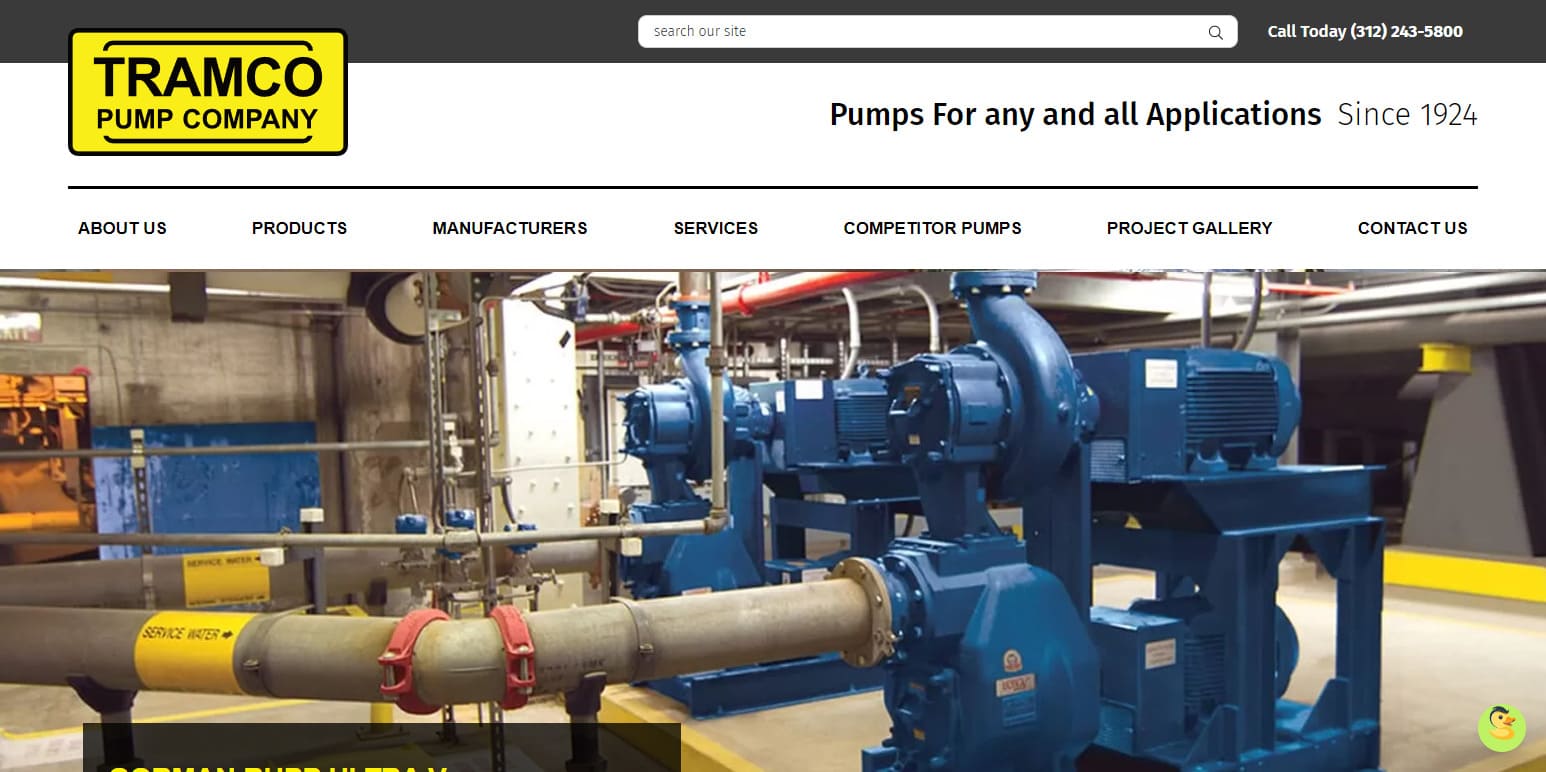
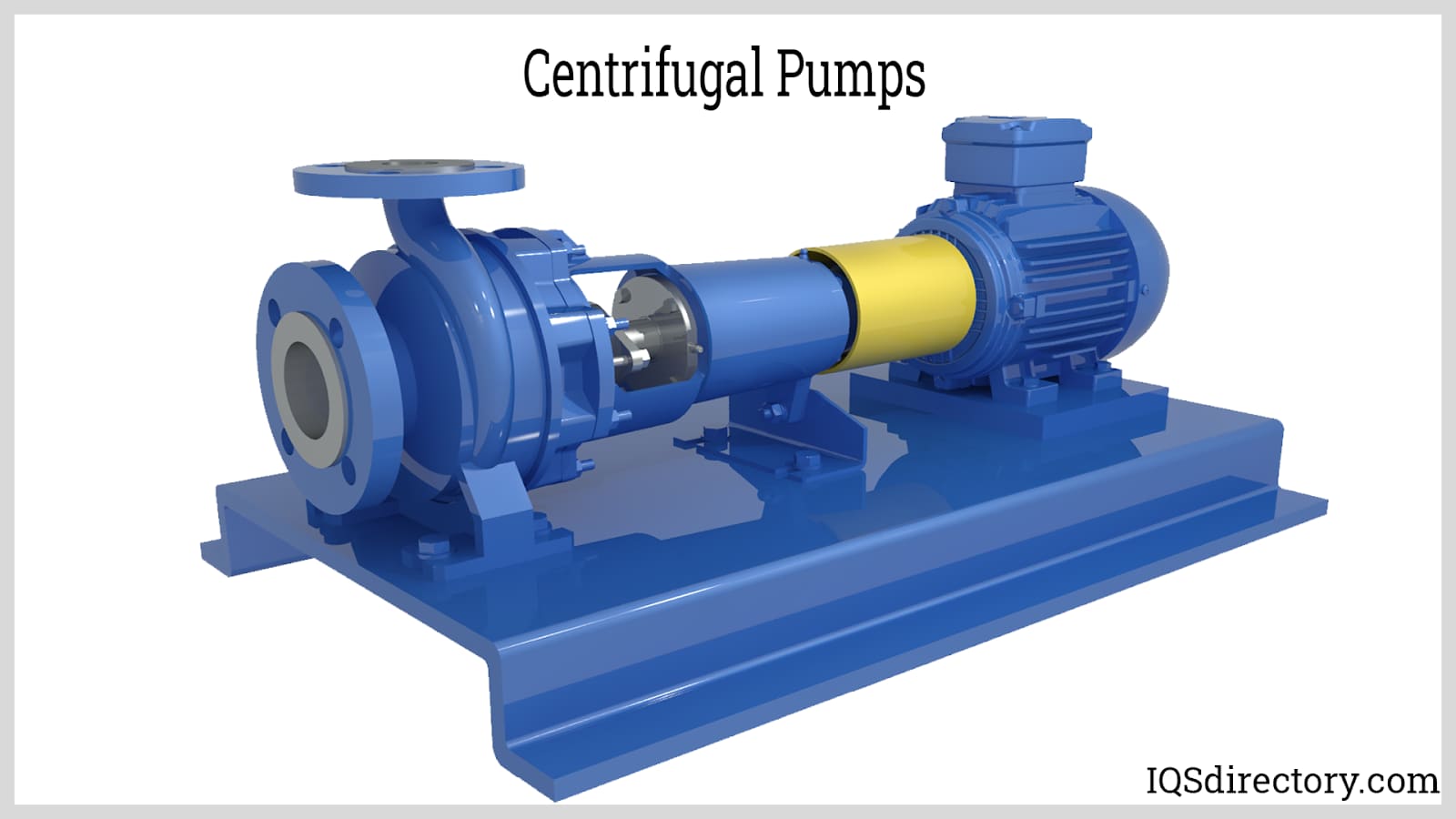
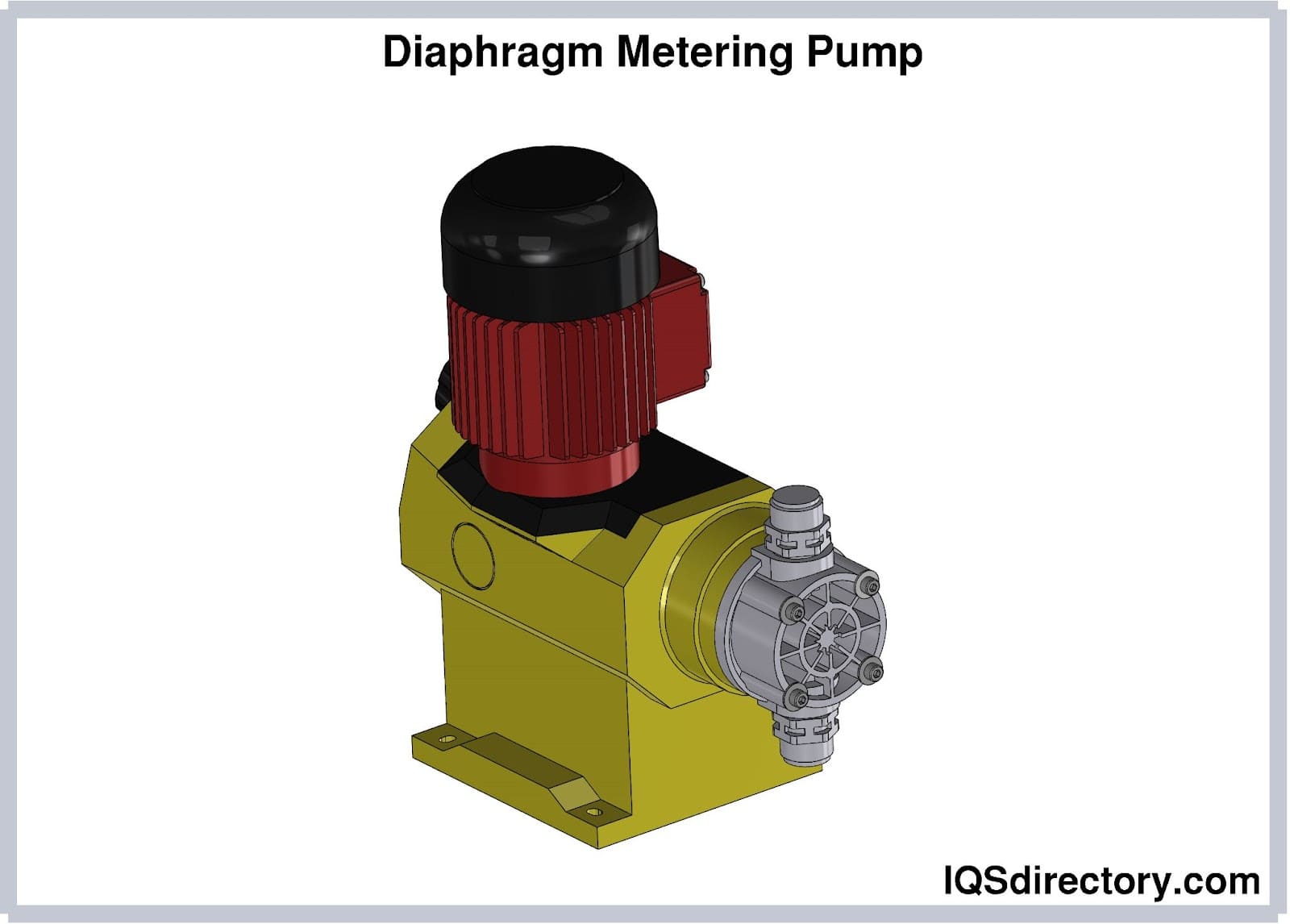
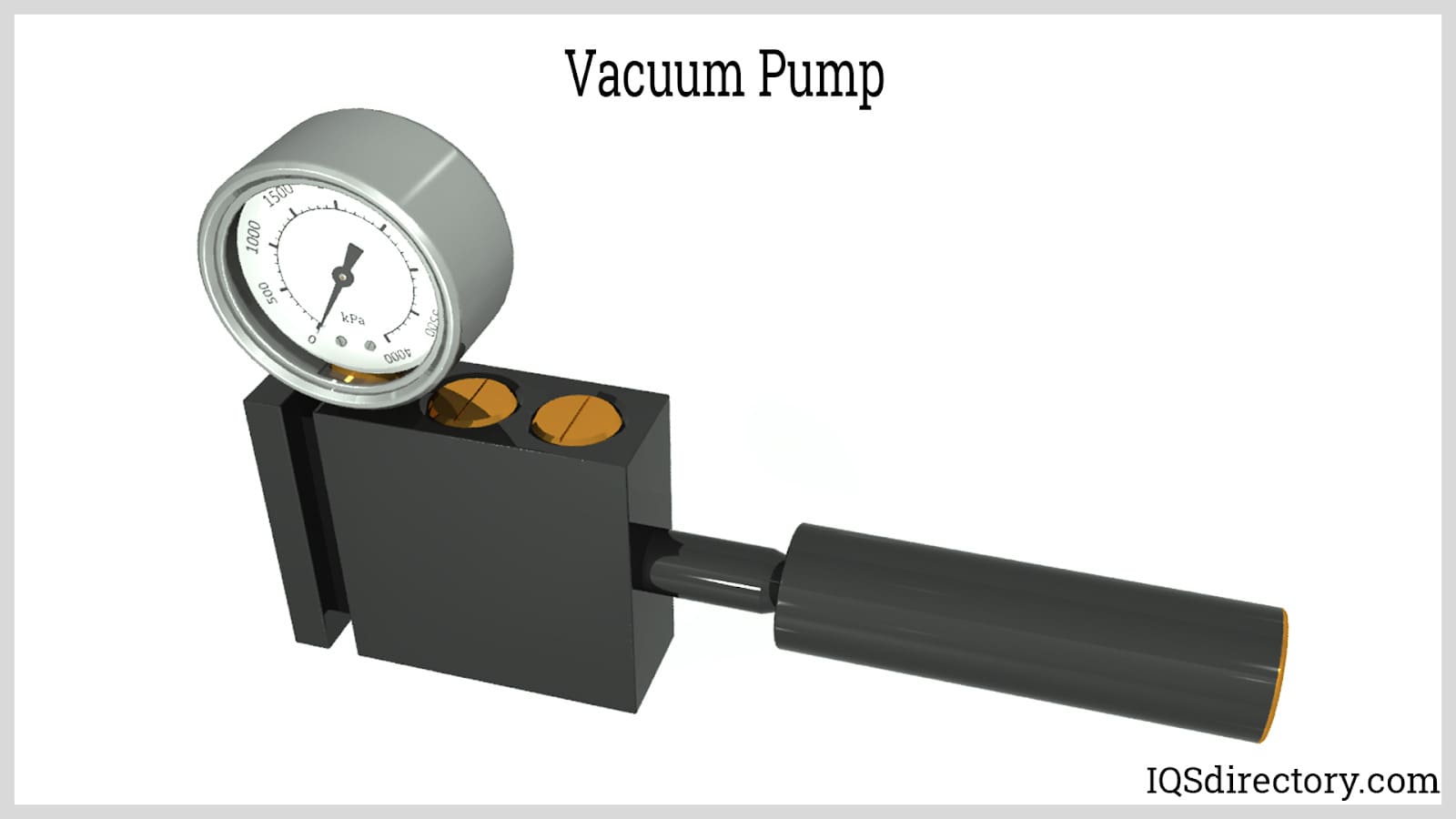
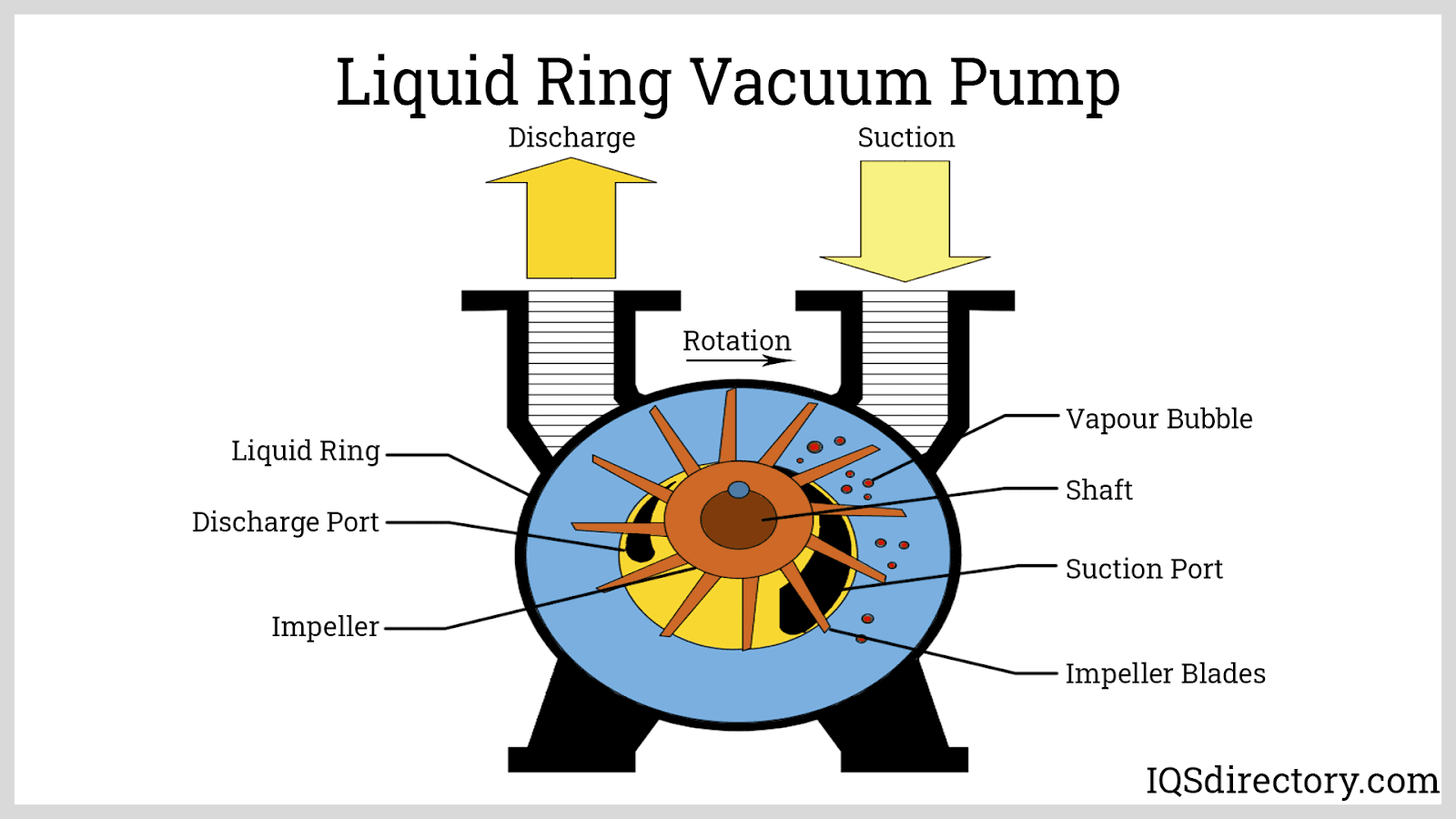
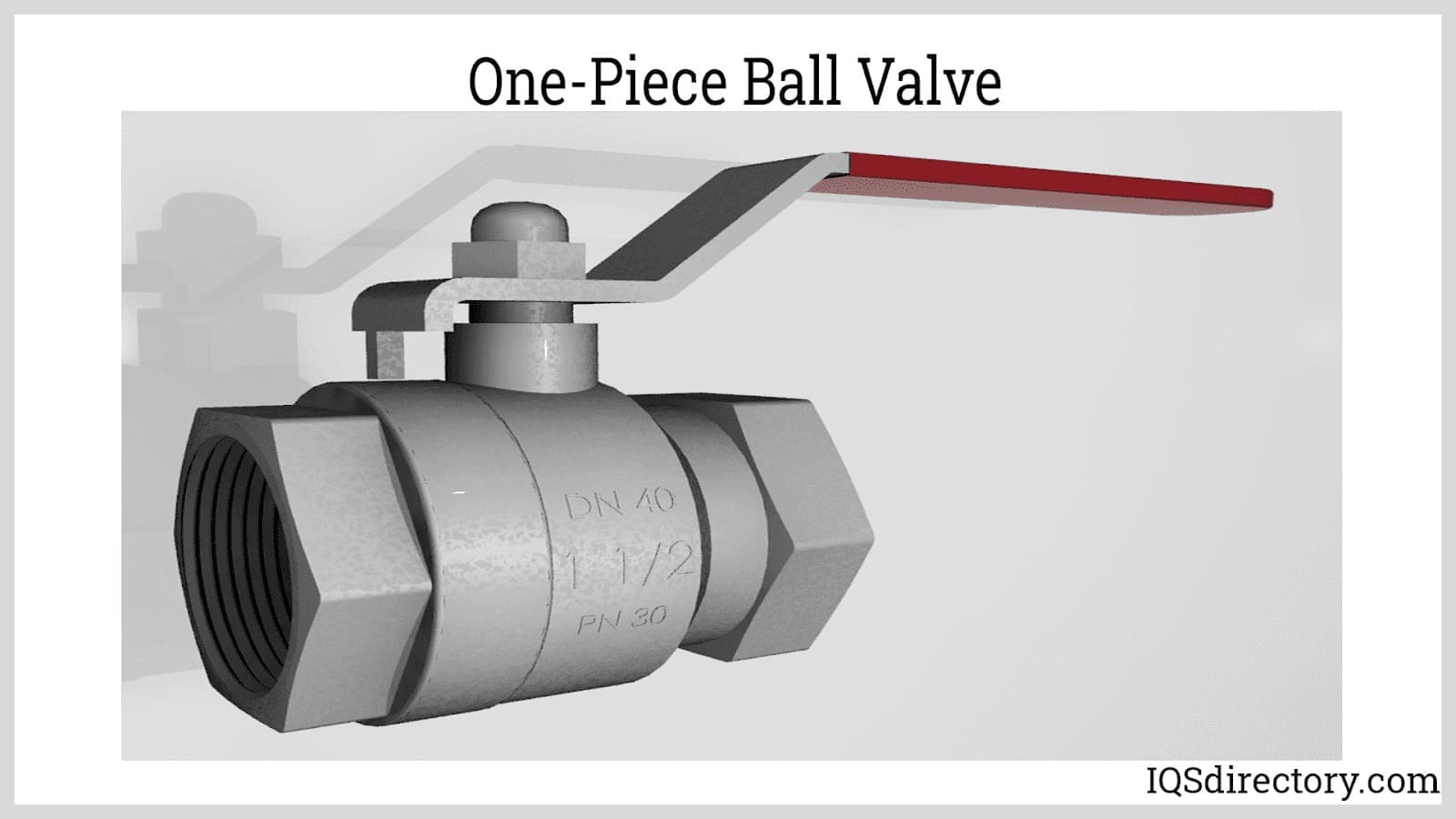
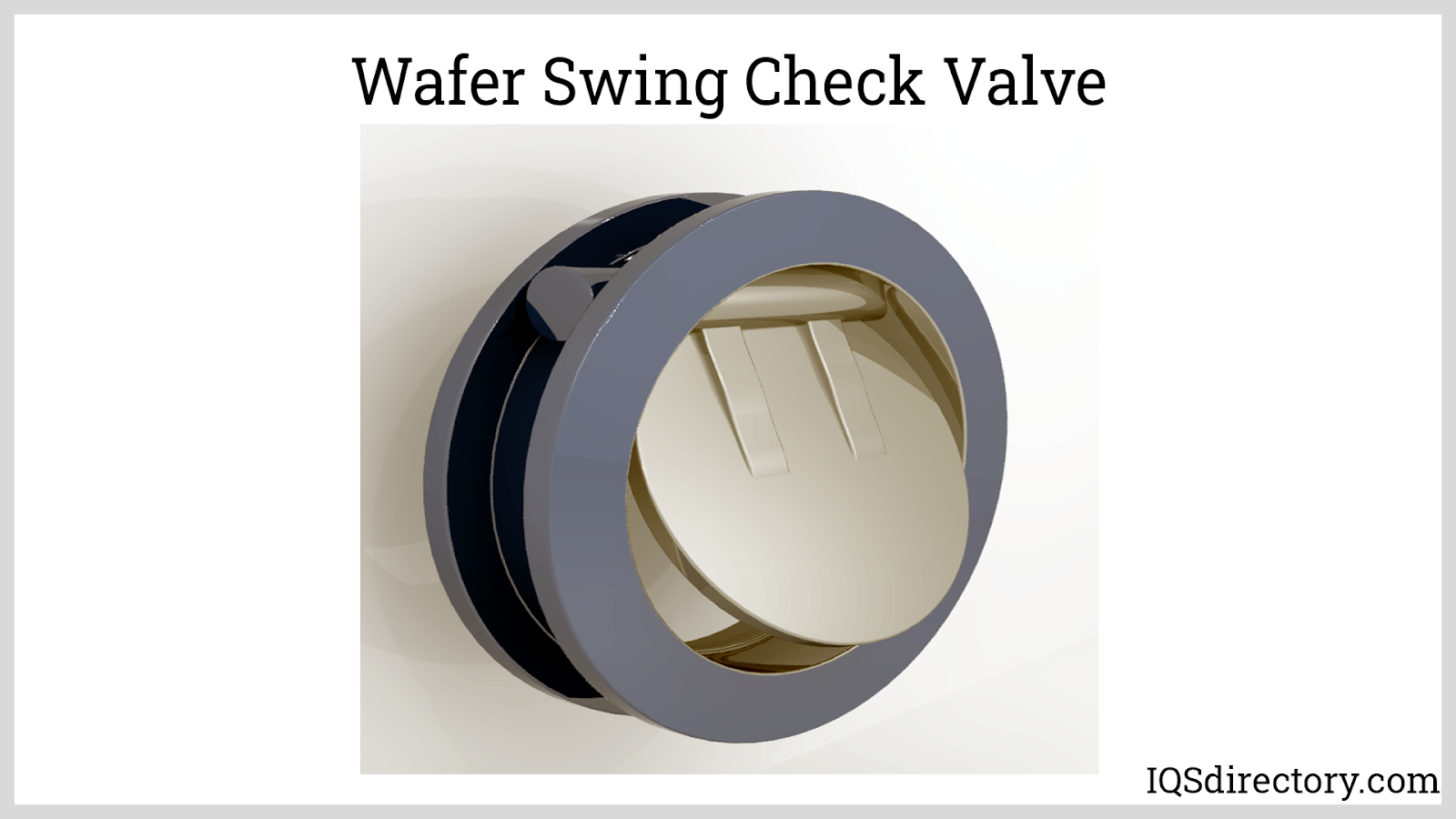
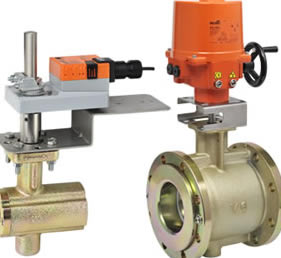 Ball Valves
Ball Valves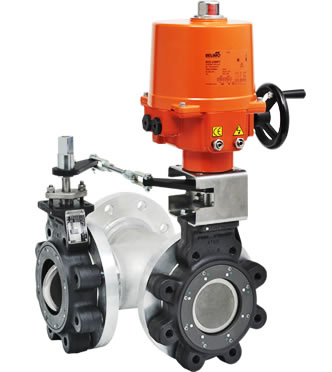 Butterfly Valves
Butterfly Valves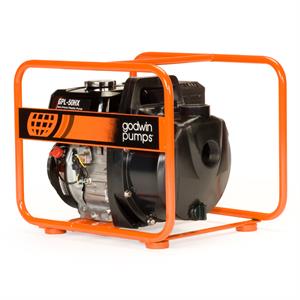 Centrifugal Pumps
Centrifugal Pumps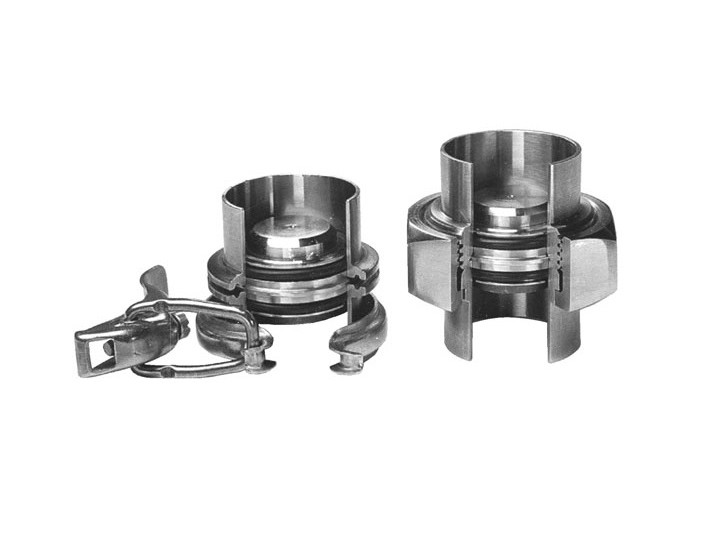 Check Valves
Check Valves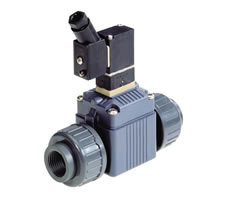 Diaphragm Valves
Diaphragm Valves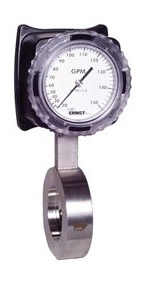 Flow Meters
Flow Meters Hydraulic Pumps
Hydraulic Pumps Hydraulic Valves
Hydraulic Valves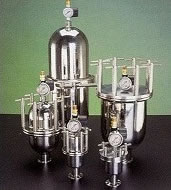 Metering Pumps
Metering Pumps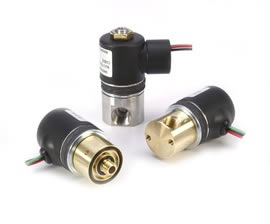 Solenoid Valves
Solenoid Valves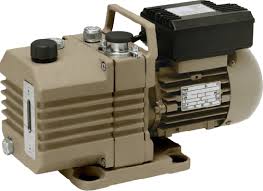 Vacuum Pumps
Vacuum Pumps Castings & Forgings
Castings & Forgings Bulk Material Handling
Bulk Material Handling Electrical & Electronic Components
Electrical & Electronic Components Flow Instrumentation
Flow Instrumentation Hardware
Hardware Material Handling Equipment
Material Handling Equipment Metal Cutting Services
Metal Cutting Services Metal Forming Services
Metal Forming Services Metal Suppliers
Metal Suppliers Motion Control Products
Motion Control Products Plant & Facility Equipment
Plant & Facility Equipment Plant & Facility Supplies
Plant & Facility Supplies Plastic Molding Processes
Plastic Molding Processes Pumps & Valves
Pumps & Valves Recycling Equipment
Recycling Equipment Rubber Products & Services
Rubber Products & Services